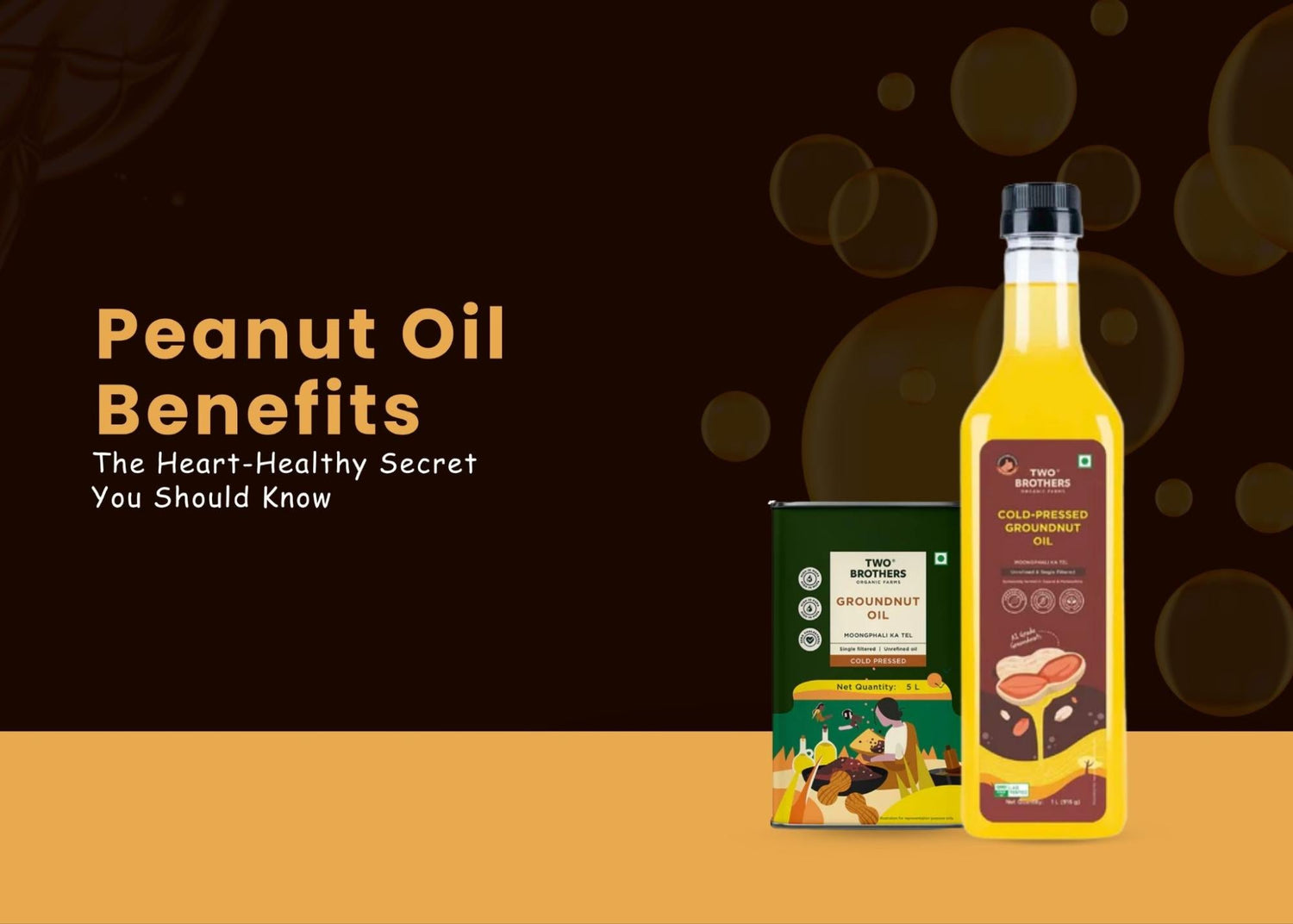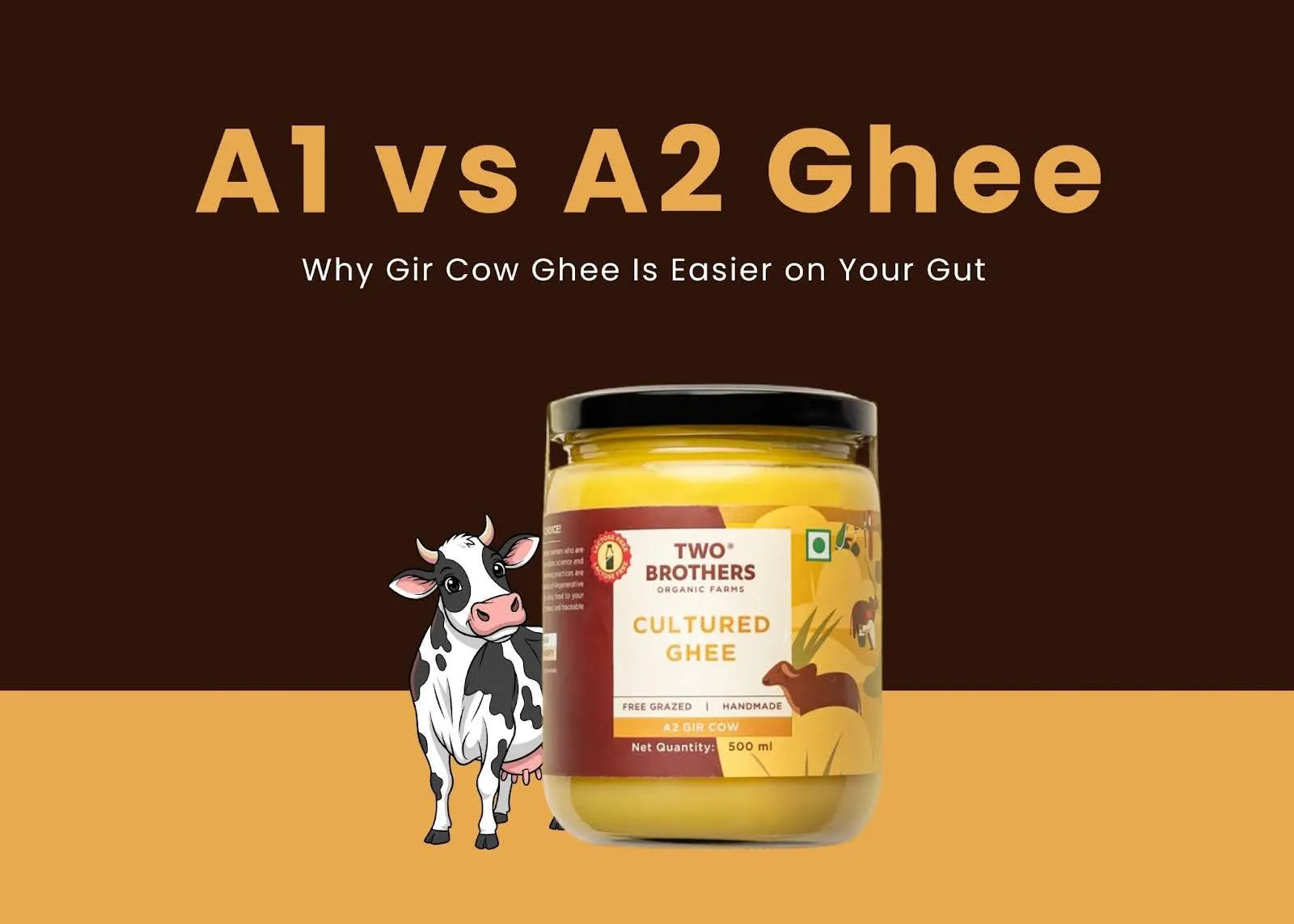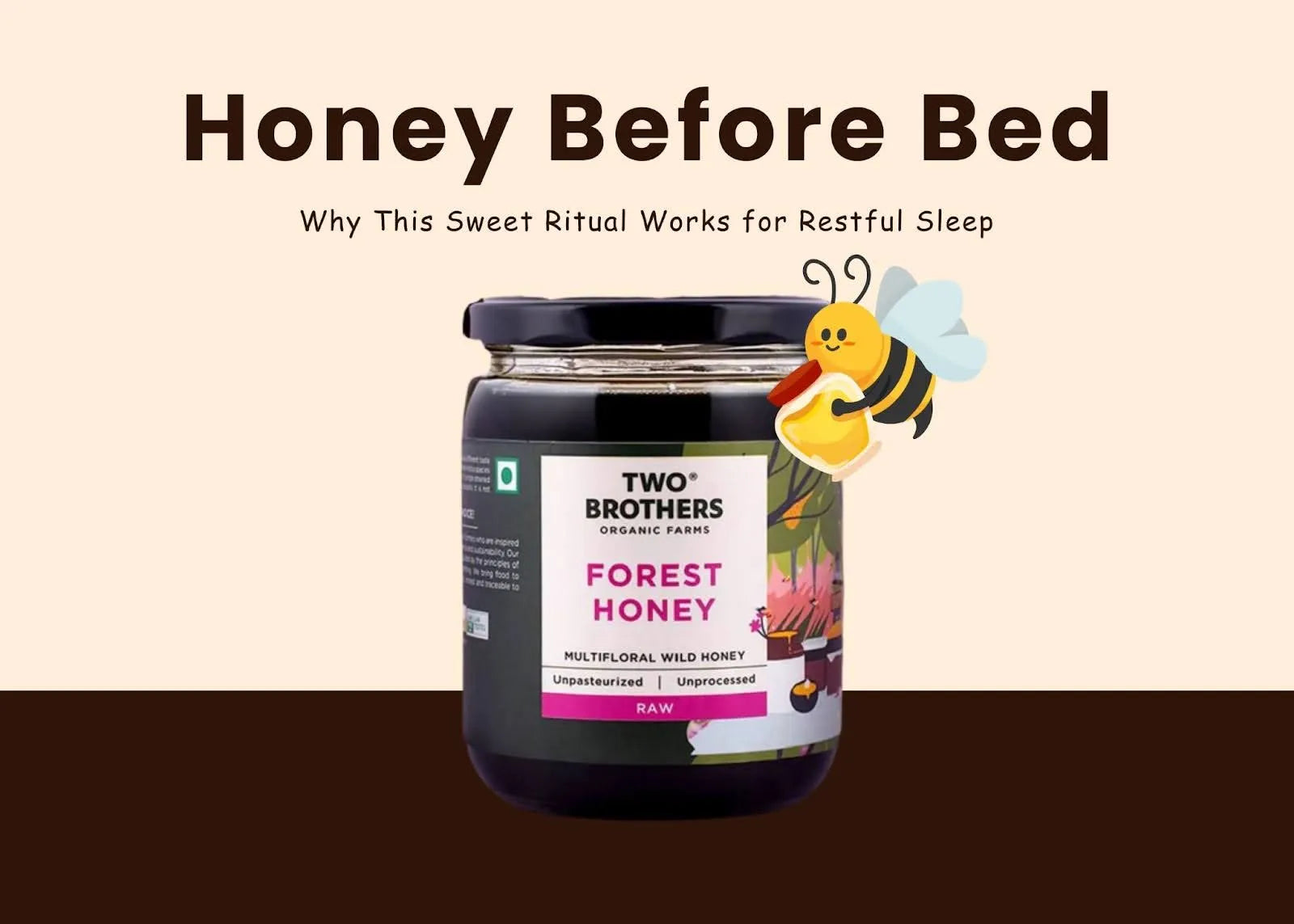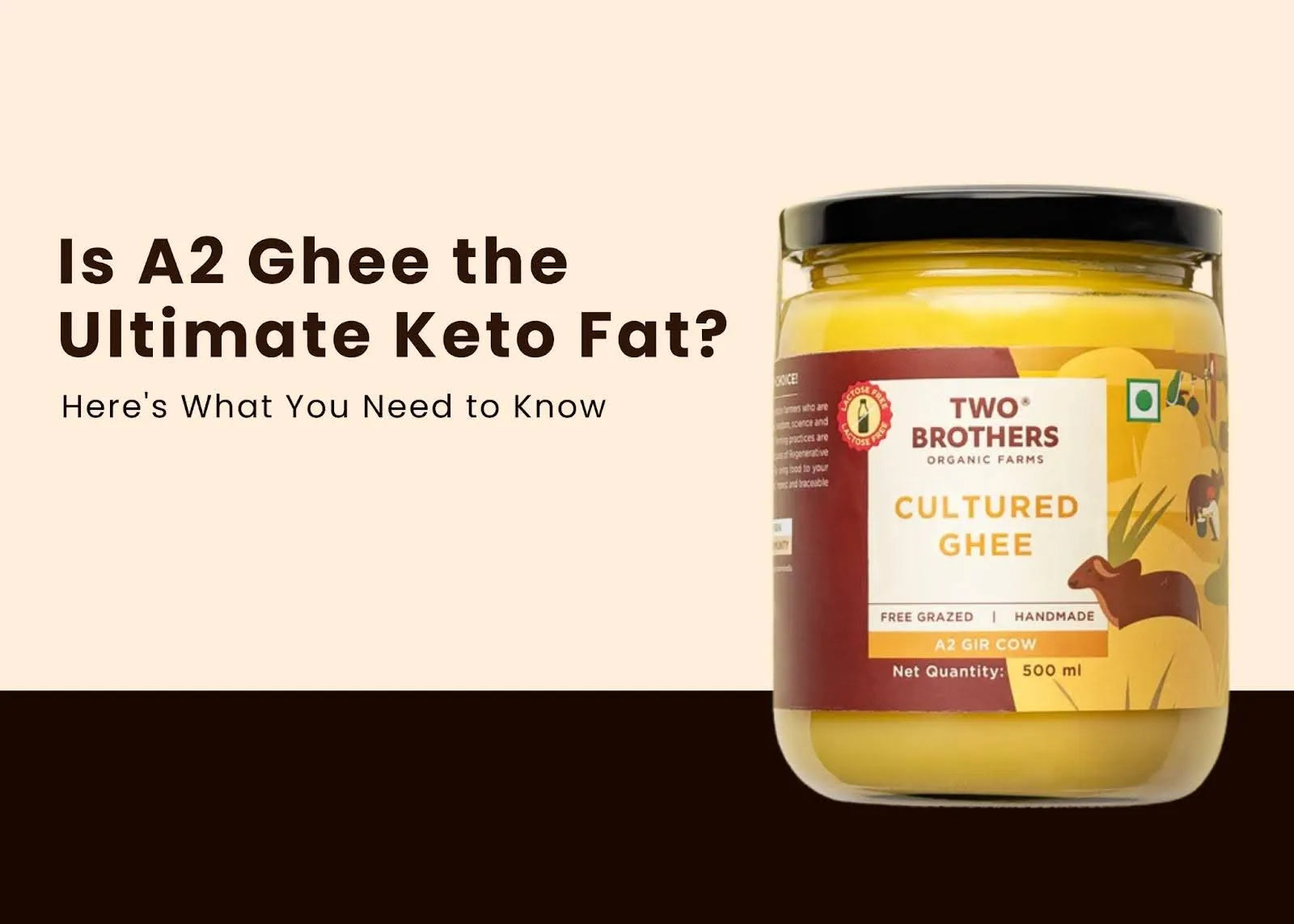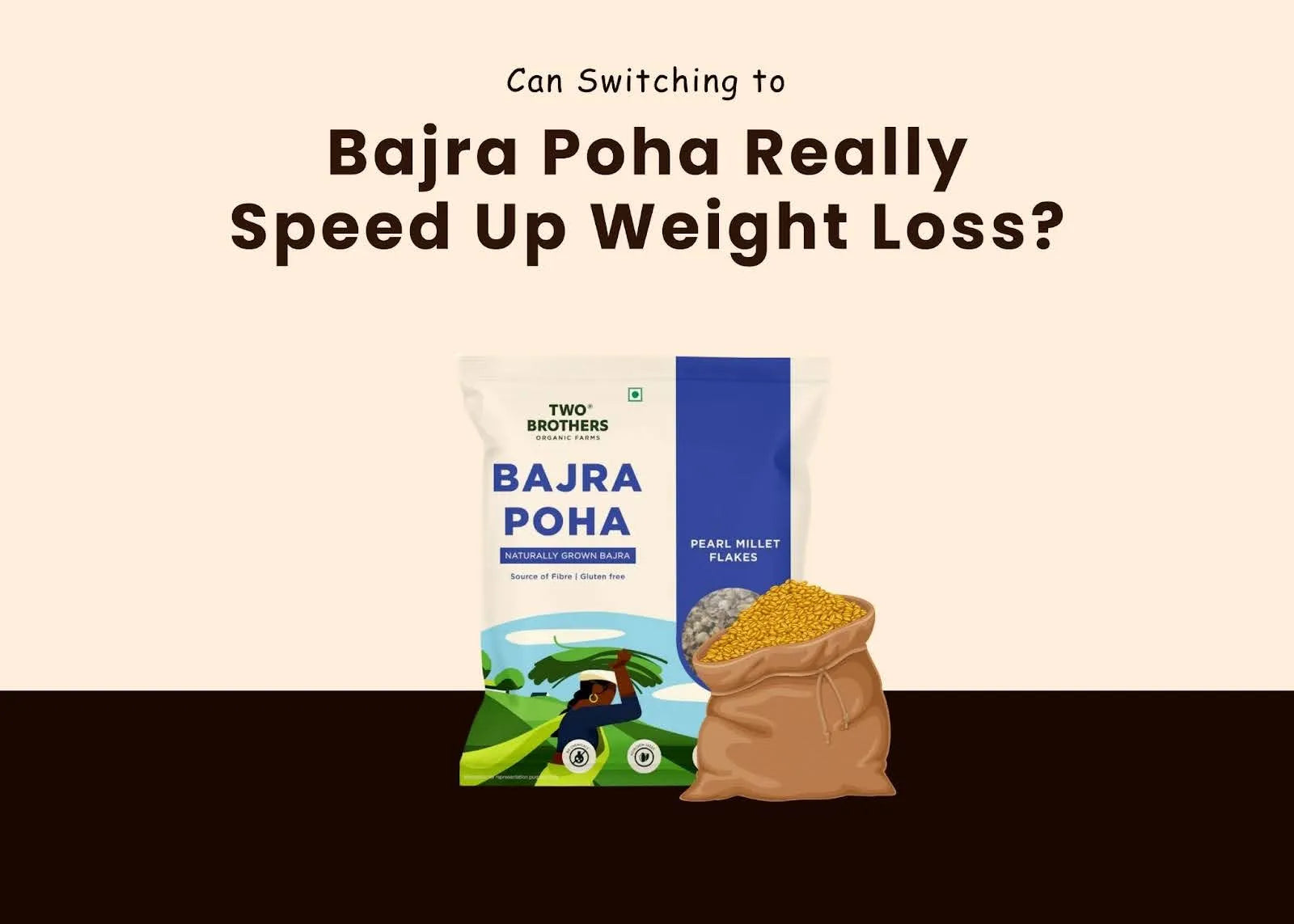Picture a kitchen where every ingredient tells a story of wellness. Among the bottles lined on your shelf, one golden oil holds a secret that has nourished families for generations. Yet, amid the noise of modern nutrition debates, a simple question persists: Is peanut oil bad for health, or could it actually protect your heart?
The answer might surprise you. While some cooking oils have fallen from grace, peanut oil continues to stand tall in kitchens across America, not just for its mild, nutty flavor, but for something far more valuable. When sourced right and used wisely, peanut oil offers a pathway to better cardiovascular wellness without sacrificing taste or tradition.
What Makes Peanut Oil a Heart-Healthy Powerhouse?
Peanut oil health benefits stem from a nutritional profile that reads like a love letter to your cardiovascular system. Unlike heavily saturated fats that burden your arteries, peanut oil brings a balanced blend of fatty acids that work in harmony with your body's natural processes.
The magic lies in its composition: roughly 50% monounsaturated fats, 30% polyunsaturated fats, and only 20% saturated fats. When you pour cold-pressed peanut oil into your cooking pan, you're not just adding flavor; you're introducing compounds that actively support heart function, reduce inflammation, and help maintain healthy cholesterol ratios.
But what does all of that mean for your daily life?
Understanding the Nutritional Profile
|
Nutrient |
Amount per Tablespoon (14g) |
Heart Health Impact |
|
Calories |
119 |
Energy without excess |
|
Total Fat |
13.5g |
Essential fatty acids |
|
Monounsaturated Fat |
6.2g |
Lowers LDL cholesterol |
|
Polyunsaturated Fat |
4.3g |
Supports cell function |
|
Saturated Fat |
2.3g |
Minimal impact |
|
Vitamin E |
2.1mg (14% DV) |
Powerful antioxidant |
|
Phytosterols |
29mg |
Blocks cholesterol absorption |
When you compare peanut oil to other cooking oils, the vitamin E content stands out immediately. Just one tablespoon provides 14% of your daily vitamin E needs, an antioxidant that shields your heart cells from oxidative damage and keeps your cardiovascular system resilient against daily stressors.
How Does Peanut Oil Support Your Heart?
Your heart works tirelessly, beating roughly 100,000 times each day. Shouldn't we feed it the nutrients it deserves? Peanut oil health benefits extend across multiple pathways that support cardiovascular wellness in measurable, meaningful ways.
Key Heart-Healthy Benefits:
- Lowers LDL Cholesterol: The monounsaturated fats in peanut oil help reduce "bad" cholesterol levels that clog arteries and increase stroke risk. When you replace saturated fats with these healthier alternatives, your body responds by clearing arterial buildup more efficiently.
- Raises HDL Cholesterol: Not all cholesterol harms you. HDL cholesterol acts like a cleanup crew, sweeping excess cholesterol back to your liver for disposal. Peanut oil helps boost these beneficial cholesterol levels naturally.
- Blocks Cholesterol Absorption: Phytosterols in peanut oil compete with dietary cholesterol in your digestive tract. Think of them as bouncers at a club; they prevent excess cholesterol from entering your bloodstream in the first place.
- Reduces Inflammation: Chronic inflammation damages blood vessel walls and sets the stage for heart disease. The omega-6 and omega-9 fatty acids in peanut oil help keep inflammation in check when consumed as part of a balanced diet.
- Improves Blood Flow: Better circulation means your heart doesn't have to work as hard. The unsaturated fats and vitamin E in peanut oil support healthy blood vessel dilation, reducing strain on your cardiovascular system.
- Stabilizes Blood Sugar: Research suggests that replacing carbohydrates and saturated fats with unsaturated fats can improve insulin sensitivity and blood glucose control, critical factors for both heart health and diabetes management.
Is Peanut Oil Bad for Health? Addressing Common Concerns
Let's confront the elephant in the room. You've probably heard conflicting information about peanut oil, and the confusion is understandable. Is peanut oil bad for health? The nuanced answer depends on three factors: quality, quantity, and balance.
The Omega-6 Question
Peanut oil contains significant amounts of omega-6 fatty acids, approximately 4.3 grams per tablespoon. In isolation, omega-6 fats play essential roles in brain function and normal growth. However, the modern American diet tends to oversupply omega-6s while undersupplying omega-3s, creating an imbalanced ratio that can promote inflammation.
Does this make peanut oil unhealthy? Not necessarily. The key lies in moderation and dietary context. When you use peanut oil sparingly as part of a varied diet rich in omega-3 sources (like wild-caught fish, walnuts, and flaxseeds), the omega-6 content becomes less concerning.
Processing Makes a Difference
Not all peanut oils offer equal health benefits. Heavily refined peanut oil undergoes chemical processing, bleaching, and deodorizing that strip away beneficial plant compounds and may introduce unwanted substances. The heat and chemical treatments can also create oxidized fats that stress your cardiovascular system rather than support it.
Cold-pressed peanut oil from organic sources tells a different story. Traditional extraction methods preserve the natural vitamin E, phytosterols, and antioxidants that make peanut oil heart-healthy in the first place. When you choose cold-pressed peanut oil from trusted sources like Two Brothers Organic Farms, you're getting oil in its most nutritious, minimally processed form, the way nature intended.
Oxidation and Stability
Cooking oils can oxidize when exposed to heat, light, or air, creating harmful free radicals. Peanut oil's balanced fatty acid profile gives it decent heat stability, with a smoke point around 450°F. However, polyunsaturated fats remain more vulnerable to oxidation than saturated fats.
To minimize oxidation:
- Store peanut oil in a cool, dark place
- Use within 6-12 months of opening
- Avoid reusing oil multiple times for frying
- Choose cold-pressed varieties that retain natural antioxidants
How Should You Use Peanut Oil for Maximum Benefits?
Knowing peanut oil health benefits is one thing. Actually incorporating it into your wellness routine is another. The beauty of peanut oil lies in its versatility, from high-heat stir-fries to gentle sautés; it adapts to various cooking methods while maintaining its nutritional integrity.
Smart Ways to Use Peanut Oil:
- Stir-frying vegetables: The high smoke point makes peanut oil perfect for quick, high-heat cooking that preserves vegetable nutrients while adding heart-healthy fats.
- Light sautéing: Use peanut oil as your go-to for sautéing proteins, aromatics, or greens. The mild flavor won't overpower delicate ingredients.
- Salad dressings: Cold-pressed peanut oil brings a subtle nutty taste to homemade vinaigrettes, delivering heart-healthy fats without cooking.
- Marinades: Blend peanut oil with herbs, spices, and acid (like vinegar or citrus) to create flavor-packed marinades that tenderize while nourishing.
- Baking: Replace butter or shortening with peanut oil in certain baked goods for a lighter texture and healthier fat profile.
The golden rule? Use peanut oil mindfully. Even healthy fats contain 9 calories per gram. A tablespoon or two per meal provides the heart benefits without excessive calories.
Why Cold-Pressed Peanut Oil Makes All the Difference
If you're serious about heart health, the type of peanut oil you choose matters as much as how much you use. Cold-pressed varieties preserve the natural goodness that gets destroyed during industrial refining, the vitamin E, the phytosterols, and the delicate antioxidants that protect your cardiovascular system.
Two Brothers Organic Farms takes peanut oil back to its roots. Their cold-pressed peanut oil comes from organically grown peanuts, extracted using traditional wooden presses that generate minimal heat. No chemicals. No bleaching. No shortcuts. Just pure, nutrient-dense oil that honors both your health and the farming traditions that sustained our ancestors.
When you choose quality oils from the wood-pressed oils collection, you're not just making a purchase, you're making a statement about what you value. You're telling the food industry that purity matters, that processing shortcuts aren't acceptable, and that your family deserves ingredients as close to nature as possible.
Frequently Asked Questions
1. How much peanut oil should I consume daily for heart health?
One to two tablespoons daily can provide heart-healthy benefits when part of a balanced diet. Remember to account for total daily fat intake and maintain variety with other healthy oils like olive, avocado, and flaxseed.
2. Can people with peanut allergies use peanut oil?
Highly refined peanut oil typically has allergenic proteins removed and is considered safe for most people with peanut allergies. However, cold-pressed or gourmet peanut oils may retain proteins that trigger reactions. Always consult your doctor before trying any peanut-derived product if you have allergies.
3. Does peanut oil raise cholesterol levels?
No, peanut oil actually helps lower LDL (bad) cholesterol while raising HDL (good) cholesterol when used to replace saturated fats. The key lies in using it as a substitute for less healthy fats, not as an addition to an already high-fat diet.
4. What makes cold-pressed peanut oil better than refined versions?
Cold-pressed peanut oil retains natural vitamin E, phytosterols, and antioxidants that get stripped during refining. The minimal processing preserves heart-protective compounds while avoiding chemical solvents and high heat that can damage the oil's nutritional value.
5. Can peanut oil help with weight management?
While peanut oil is calorie-dense, the monounsaturated fats promote satiety and may support healthy metabolism. When used in moderation to replace less healthy fats, peanut oil can be part of a balanced weight management plan.
6. Is peanut oil safe for everyday cooking at high temperatures?
Yes, peanut oil's smoke point of approximately 450°F makes it suitable for most cooking methods, including stir-frying and sautéing. However, avoid reusing oil multiple times, as repeated heating degrades its quality and creates harmful compounds.
A Heart-Healthy Choice That Honors Tradition
Peanut oil health benefits aren't just about fatty acid profiles and cholesterol numbers. They're about reconnecting with foods that nourished our grandparents, about choosing quality over convenience, and about taking small daily steps that compound into lasting cardiovascular wellness.
When you reach for cold-pressed peanut oil from Two Brothers Organic Farms, you're participating in a movement toward cleaner eating, sustainable farming, and genuine nutrition, one golden drop at a time.
Your heart deserves nothing less than the purest ingredients nature provides.

